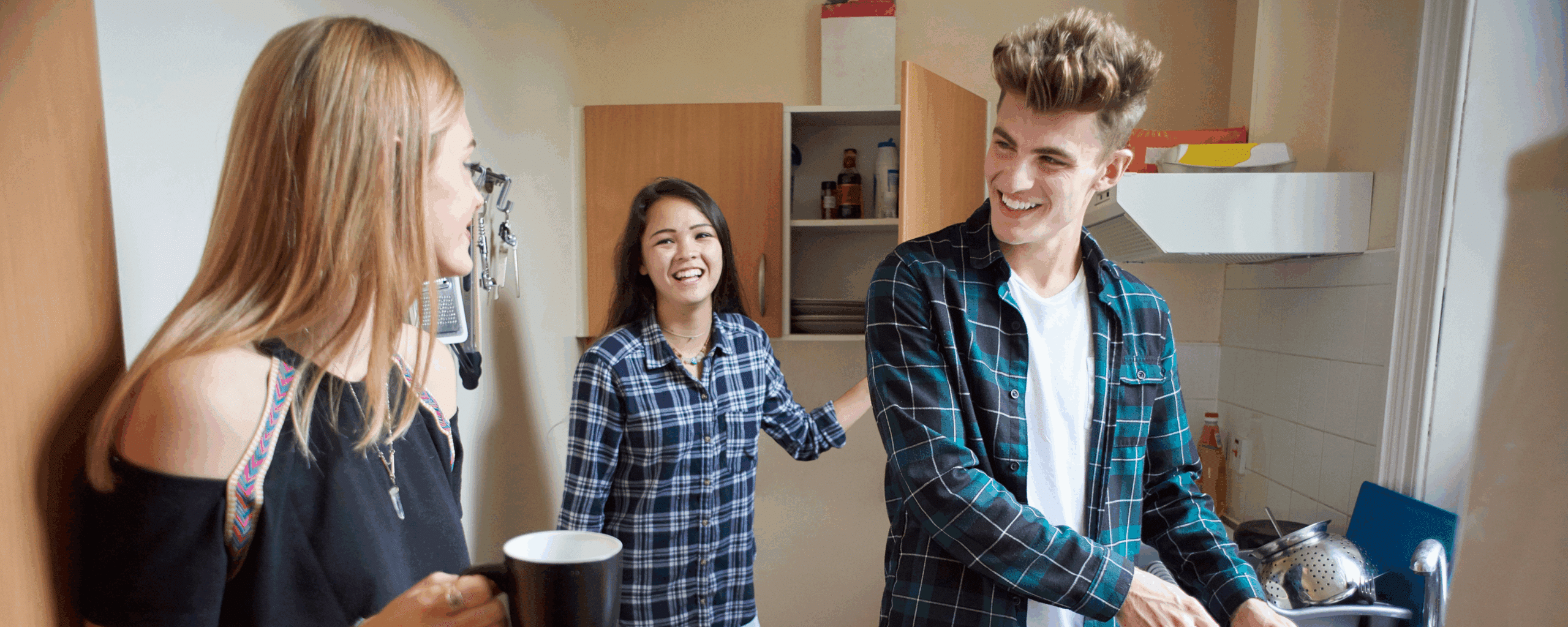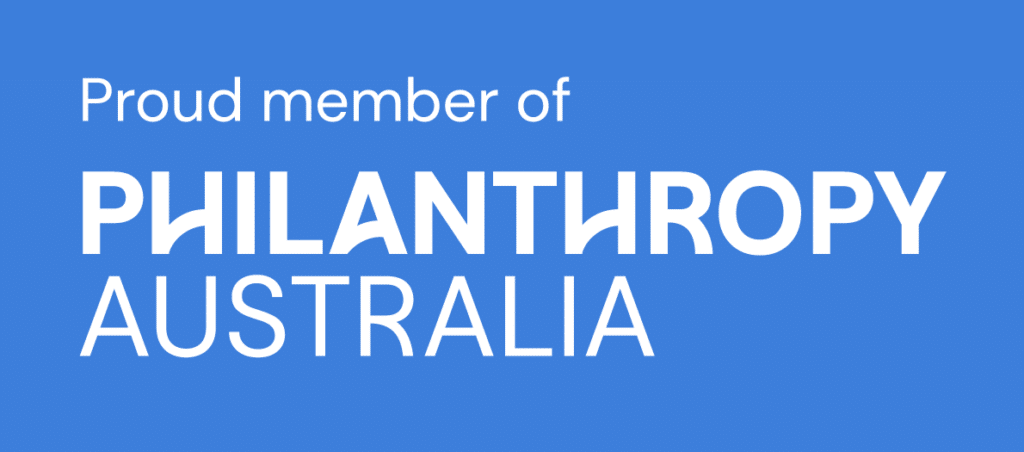Imagine being 19 and not knowing how to cook a meal, manage money, or navigate public transport—skills your peers mastered years ago. For young people in recovery, these gaps aren’t just inconveniences; they’re barriers to building a stable, independent life. Issues with substance use can derail a young person’s life, meaning they don’t learn some of the vital life skills that their peers do.
The reasons are complex but interconnected. Addiction often disrupts the crucial developmental years when most people naturally acquire these capabilities through family guidance and daily practice. Add to this the higher rates of homelessness and family instability among young people struggling with substance use, and the result is a generation entering recovery without the foundational skills needed for independence.
Unlike academic subjects, these essential life skills aren’t typically taught in formal educational settings, leaving significant gaps that can undermine long-term recovery success.
What are life skills?
Examples of life skills include:
- Healthy eating and cooking
Learning to prepare fresh food adds nutrition to your diet and is essential for your long-term health. Learning to cook also involves planning and preparation which helps with other skills, like budgeting and establishing a routine.
- Money and budgeting skills
To live independently, it’s essential to learn how to manage your income, including paying necessary expenses, saving, managing debt and planning for the future.
- Public transport skills
Understanding how to navigate the transport system, plan routes and handle challenges like delays and crowds enables you to access more opportunities and participate more fully in the community.
- Grocery shopping
Grocery shopping is an essential part of independent life. It involves creating a list, budgeting, meal planning, navigating a story and understanding labels. Learning to grocery shop efficiently also means you’re learning to plan, make informed decisions, and manage your resources.
- General housekeeping and cleaning skills
Housekeeping skills involve cleaning, organising, and maintaining a space, as well as broader skills like time management, problem-solving, and attention to detail. These skills improve hygiene, reduce stress and help you to be more productive.
- Basic home maintenance
Knowing how to do basic repairs, like looking after appliances and addressing simple plumbing and electrical issues can give you the independence and confidence to live by yourself.
- Basic vehicle maintenance
Vehicle maintenance includes knowing how to change a tire and check and change fluids like oil and coolant. This saves money and improves safety.
- Personal hygiene
Maintaining personal hygiene standards is essential to good health and wellbeing, confidence, and social acceptance. Developing a consistent routine for hygiene tasks, including clothing and food hygiene, is essential to starting independent life.
- Interpersonal skills
Knowing how to communicate, work in a team, have empathy for others and adapt to different situations and people is vital in everyday life. For young people moving into a new environment, starting a job, or meeting new people these skills lead to more successful relationships and personal wellbeing.
- Time management skills
Learning time management means you learn to plan, organise and control how you spend your time to accomplish tasks and achieve goals. This includes setting goals, prioritising, planning, and knowing strategies for completing tasks in the desired time frame.
- Goal setting and obtaining skills
Being able to set and achieve goals enables you to live the life you want to. By knowing what you want, understanding your strengths and weaknesses and planning effectively, you can continue to grow and develop.
- The ability to cope with loneliness
Living independently can mean you spend more time alone. If you have the skills to make connections and build relationships, deal with discomfort and negative thoughts, and learn to take care of yourself while alone, you can cope with moments of loneliness in a healthy way.
Building life skills in residential rehabilitation
As part of the Residential Rehabilitation program, we support young people to learn these vital skills, to prepare them for independent living when they leave.
As well as learning how to complete practical, everyday tasks, emotional regulation can be an important skill for young people to develop. Substance use can harm the brain’s ability to control impulses and manage emotions, making it harder to navigate daily stressors that others handle instinctively.
It’s also important not to assume that young people already know something. Knowledge that one person takes for granted might be something another person has never encountered.
There is so much more to rehabilitation, and preparing someone for a fresh start, than detoxing from substances. When young people learn the skills they need to live independently and confidently, they are better equipped to start the next chapter of their lives.







